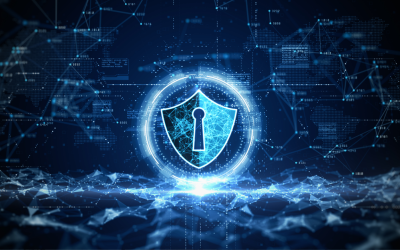Discover what sets IBSS apart as an Authorized C3PAO.
The Future of CMMC: What to Expect in 2026 and Beyond
IBSS, an Authorized CMMC Level 2 C3PAO, breaks down what contractors can expect from CMMC in 2026 and beyond. Explore key trends and schedule your assessment.
What Happens If You Fail a CMMC Audit?
A guide for defense contractors on handling a failed C3PAO assessment and steps to recover and achieve CMMC Level 2 certification.
What to Look for When Choosing a C3PAO: Five Questions to Ask
Discover the five essential questions to ask before choosing a C3PAO for CMMC Level 2 certification.
The Role of Risk-Based Thinking in CMMC Compliance
Learn how risk-based thinking strengthens your CMMC Level 2 strategy and supports smarter NIST SP 800-171 implementation.
Understanding Your SPRS Score: What It Means for DoD Contract Eligibility and CMMC Level 2
A quick guide to understanding, calculating, and improving your SPRS score to stay eligible for DoD contracts.
How to Develop an Accurate and Complete System Security Plan (SSP) for Your CMMC Assessment
A clear guide to building a complete, audit-ready SSP that protects CUI and supports CMMC Level 2 certification.
CMMC vs. NIST SP 800-171: What’s the Difference?
Confused about the difference between CMMC and NIST SP 800-171? Learn how they relate, why both matter, and what your business needs to stay compliant.
Strengthening Security and Trust with ICAM Solutions from IBSS
IBSS provides expert ICAM services; protecting identities, managing access, and enforcing Zero Trust security for agencies and businesses.









